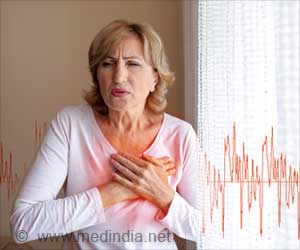Most people adapt to extreme heat, as the body finds ways to cool itself, such as through perspiration. However, people with underlying health conditions, including diabetes and heart disease, can have different responses and face increased risks for having a heart attack, irregular heart rhythm, or stroke.
“The health burdens from extreme heat will continue to grow within the next several decades,” said cardiologist Sameed A. Khatana, and assistant professor of medicine at the University of Pennsylvania, Philadelphia.
Heat-Related Health Disparities
“Due to the unequal impact of extreme heat on different populations, this is also a matter of health equity and could exacerbate health disparities that already exist,” Khatana said. To generate these predictions, researchers evaluated county-level data from the 48 states between May and September of 2008-2019.
Advertisement
More than 12 million deaths related to cardiovascular disease occurred during that time. Using environmental modelling estimates, they also found that the heat index rose to at least 90 degrees about 54 times each summer. Further, using modelling analyses to forecast environmental and population changes, the researchers looked to 2036-2065 and estimated that each summer, about 71 to 80 days will feel 90 degrees or hotter.
This estimate is based on greenhouse gas emissions, which trap the sun’s heat, being kept to a minimum. If emissions rise significantly, deaths could more than triple, to 5,491.
Source: IANS



